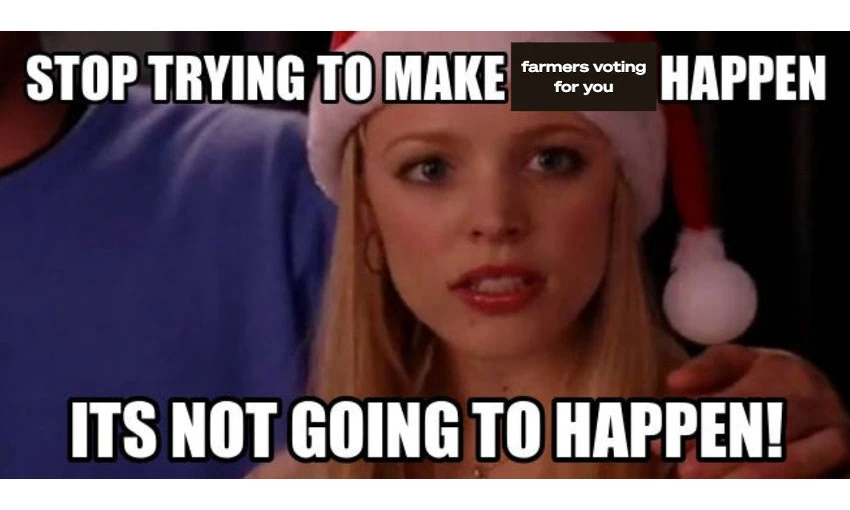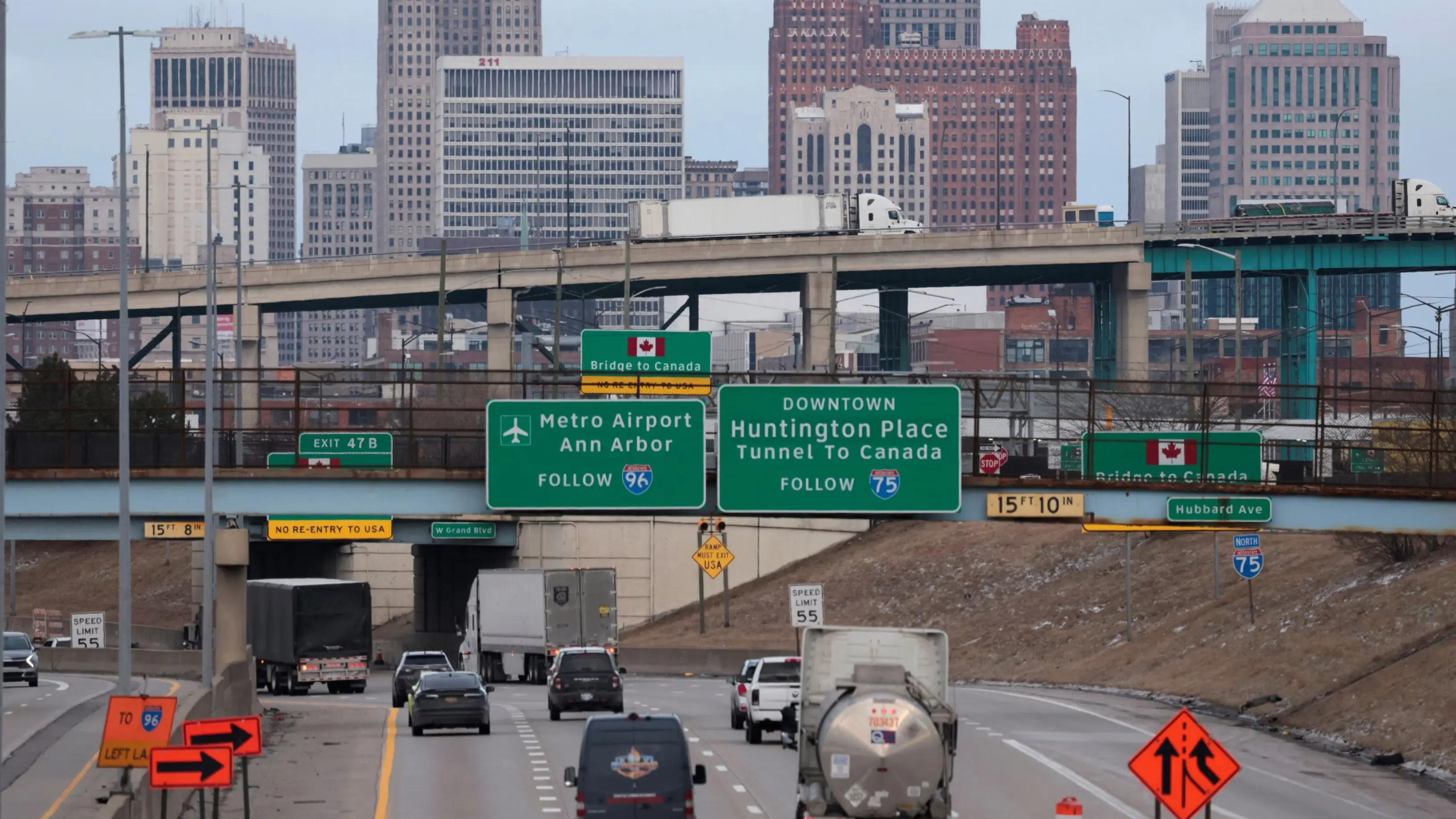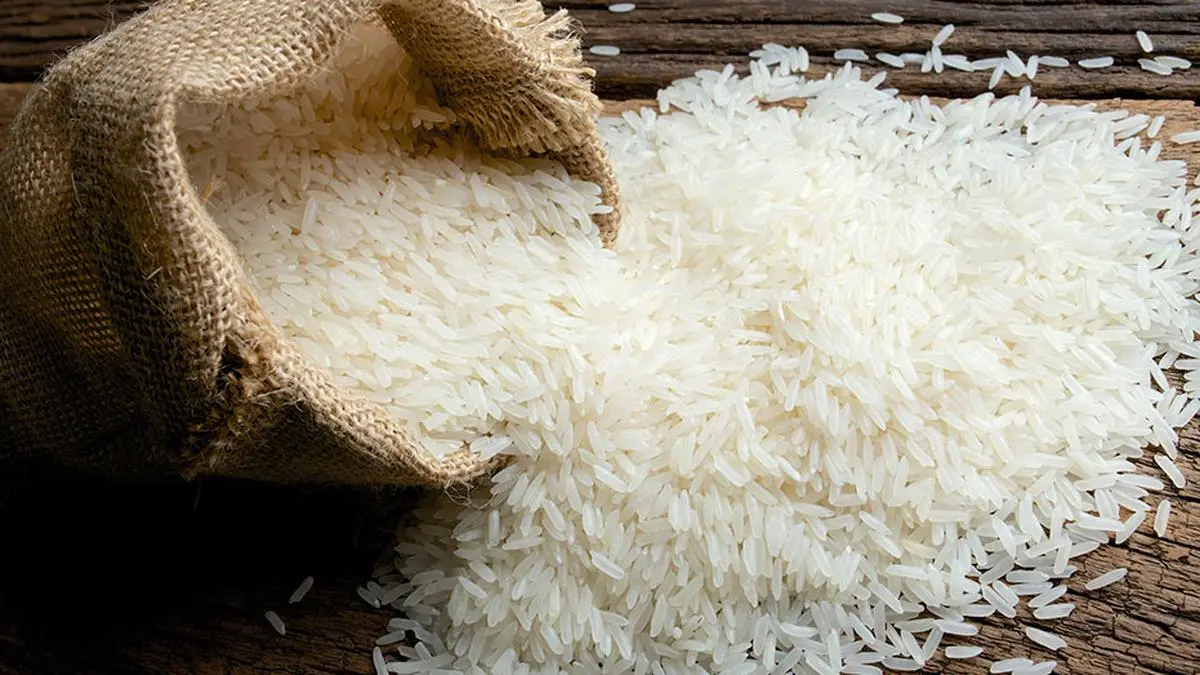Copyright thespinoff

The party’s decision to exclude farms from its proposed capital gains tax is just the latest overture in parliament’s most long-running one-sided love affair. Chris Hipkins looked haunted by the ghosts of election defeats past and policy criticisms future as he stood to announce Labour’s latest effort to enact a capital gains tax. He started out by calling the change “important and necessary”, then spent the rest of his speech stressing how little it would actually do. The list of exemptions was repeated twice for emphasis. Number one, it definitely wouldn’t impact the family home. But almost as important was another carveout: farms. “Only profits on commercial property or residential property excluding the family home sold after the 1st of July, 2027 will be taxed,” he said. “Nothing else will be affected. Nothing.” Labour’s decision to exempt rural landlords from its landlord tax doesn’t really make a lot of sense. On RNZ’s Checkpoint, Hipkins explained that it was because farms are productive investments. “Farmers work hard. We want to get out there and encourage people to work hard,” he said. But commercial property is included in the tax. Are other businesses unproductive? Do their owners not work hard? Host Lisa Owen had other suspicions about what was actually behind the exemption. “Do you just not want to annoy rural voters?” she asked. Hipkins wouldn’t say yes, but if that was the motivation, it wouldn’t be out of character for Labour. The party has engaged in a desperate, decades-long and almost entirely fruitless effort to get farmers to like it, or at least to stop getting angry and driving their tractors into inconvenient locations every time it makes an attempt at passing a law. It hasn’t worked. Go back to 1972. Under Norm Kirk, the third Labour government shovelled assistance at farmers, waiving interest on their loans, abolishing meat inspection fees and increasing subsidies on fertiliser. Kirk died in 1974. His successor Bill Rowling was evicted a year later when National’s Robert Muldoon swept to office on a wave of support from rural New Zealand. The cycle of political overture and electoral rejection has continued. In 2004, Labour proposed, then abandoned, a tax on methane emissions after every farmer simultaneously yelled “fart tax” and marched to parliament, where National’s Shane Ardern engaged in one of the nation’s most flagrant parking violations. Labour had to wait four years for its next chance to crack down on farts or indeed burps. In 2008, it had the option of bringing farming into its newly minted emissions trading scheme. Instead it allowed the sector to stay out until 2013, then extended the deadline to 2015. It promptly lost an election to John Key, who scrapped the plan to put farming in the scheme at all. At this point, some parties might have detected a pattern. But in 2019, buoyed by encouraging noises from the farming lobby, the sixth Labour government eschewed immediate regulatory intervention and set up a working group with the sector to look at how it could pay for emissions. He Waka Eke Noa sputtered along for three years before arriving at a watered down deal which would have cut emissions 1% while giving farmers a 95% discount on their potential ETS bill. When the government strengthened the deal to mere “sweetheart” status, farming groups rejected it as too onerous, then rejoiced when National dumped He Waka Eke Noa entirely in 2024. “The previous government was too focused on pricing farmers, driving blindly towards unachievable, political, unscientific methane reduction targets,” said Federated Farmers chief Wayne Langford, as the death knell sounded on the process his organisation once supported. Now Labour has proposed another concession. Its capital gains tax exemption stands in a long history of agricultural sector appeasement. At best, its efforts have won the party a few years of comparative tolerance from the sector. At worst, they’ve shot gaping holes in our most effective climate legislation and undermined hopes for meaningful progressive change on some of our most pressing issues. After all that, a recent Federated Farmers poll put Labour’s support among farm owners at 3%, behind NZ First on 8%, Act on 19% and National on 54%. At a certain point, you’d almost wonder whether all these concessions are really worth the trouble.



